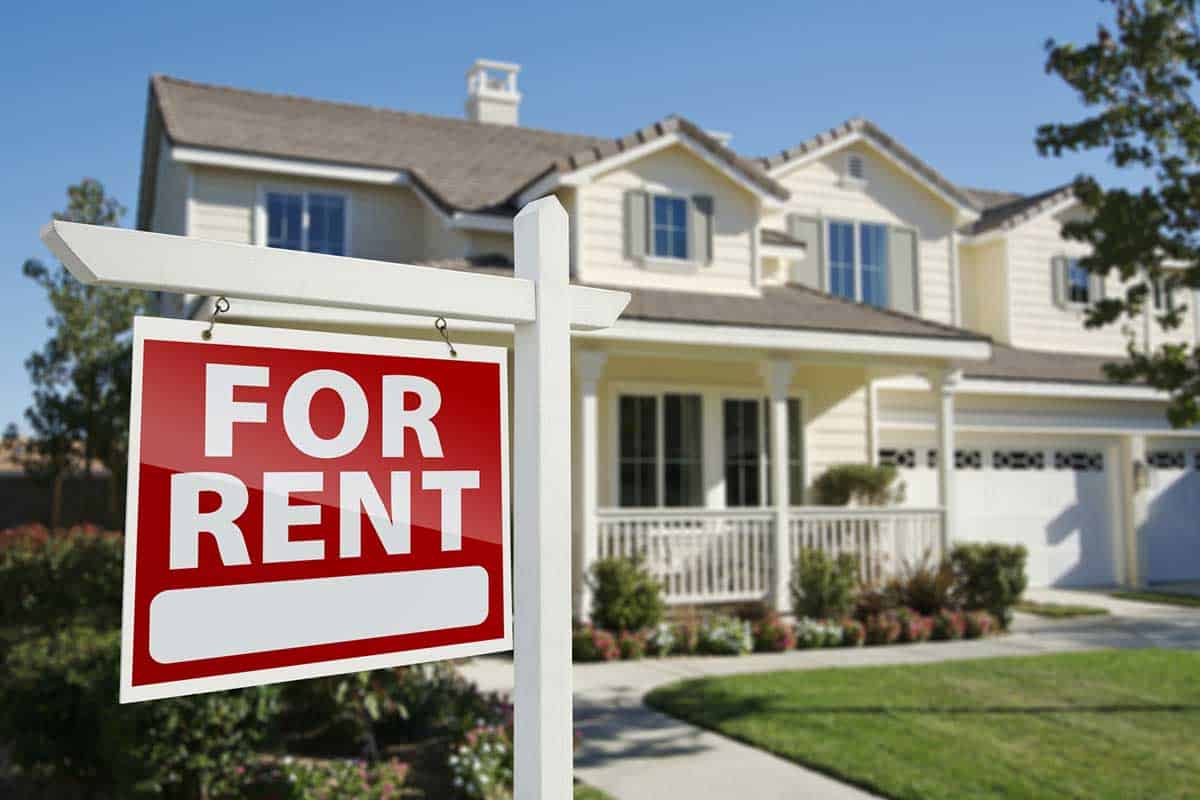This page may contain affiliate links. If you click and buy, we might get a small commission at no cost to you.
When you first purchase your home, you probably aren’t thinking about using it as a rental instead of your primary residence. You also may not be worried about whether or not you have to live in the house for a year before renting. After all, it’s your home, so why would that cause a problem? The truth is a little more complicated. In some instances, you may not legally have the right to rent your home if your house still has a mortgage. Or a certain amount of time has to pass before you are legally allowed to use the home as a rental property.
Key Takeaways
- Renting your home without notifying your lender may be against the law.
- Lenders and loan programs have their own set of rules when it comes to renting primary residence homes.
- To protect yourself, reach out to your lender to discuss with them your plans to rent your home. You may have to convert your account from your primary residence to a commercial/investment property.
Do you have to live in a house for a year before renting it out?
Whether or not you have to live in your house for a year before renting depends on your mortgage lender. Some lenders or programs don’t allow homeowners to rent their primary residence without first reaching out to them to change the type of mortgage they have.
Others, such as the FHA, do require the homeowner to live in the house for at least a year before renting their property. Rules vary greatly depending on your lender as well as your home loan contract. The best option is to go over your loan contract and then reach out to your lender for more information.
Can I rent my home without living in it for a year?
If you have an FHA loan, they do require homeowners to live in the home for a year before renting. However, you may be able to rent the property sooner if you have extenuating circumstances. In this case, you would need to reach out to your lender for assistance.
You can, however, rent out one room in your home, such as a spare bedroom, before the year is up if you also plan to live in the home at the same time as the renter. With that said, you will still need to let your lender know if you are renting a room in your home.
Why do I have to let my lender know I’m renting my house?
When you first go looking for a home loan, you have to disclose whether this is your primary residency or an investment property. Home loans for primary residences typically have better terms than the loans for investment properties, which is a plus for homebuyers but means the lender is losing money on the interest.
Trying to rent out a home that you have listed as a primary residence may appear that you are trying to skirt the terms required for an investment property. This can actually be illegal, and you can land yourself in a world of legal problems if you try to “pull a fast one” on the lender.

Primary home requirements
When you sign the loan papers, you agree to the terms in your contract. In most cases, when you obtain a loan, you state that the house is your primary home. If a home is your primary residency, you have to live there most of the year.
Loans for primary residences usually have lower interest rates than loans for investment properties. Some lenders state you need to live in the home for at least a year before renting, while others require you to live there as your primary residence until the loan is paid off.
Occupancy fraud
You, as the borrower, are required to state how the home will be used. If you misrepresent your occupancy status of the home, such as stating the property will be owner-occupied and then renting it out, you may be breaking your contract and committing occupancy fraud. This is a real crime that can result in the lender requiring the loan paid in full, as well as various other penalties, fines, and jail time.
Conclusion
Not having the legal right to rent out your home can be headache-inducing. It can also be frustrating to have to contact your lender to get the “okay” to use your primary residence as a rental property. The truth is that, while the home is yours, the lender still has an interest in the property.
Furthermore, the loan documents you signed generally have very clear instructions on what you can and cannot do with said property. It is best to play it safe and make sure you are on the right side of the law before taking the step of renting out your home.



